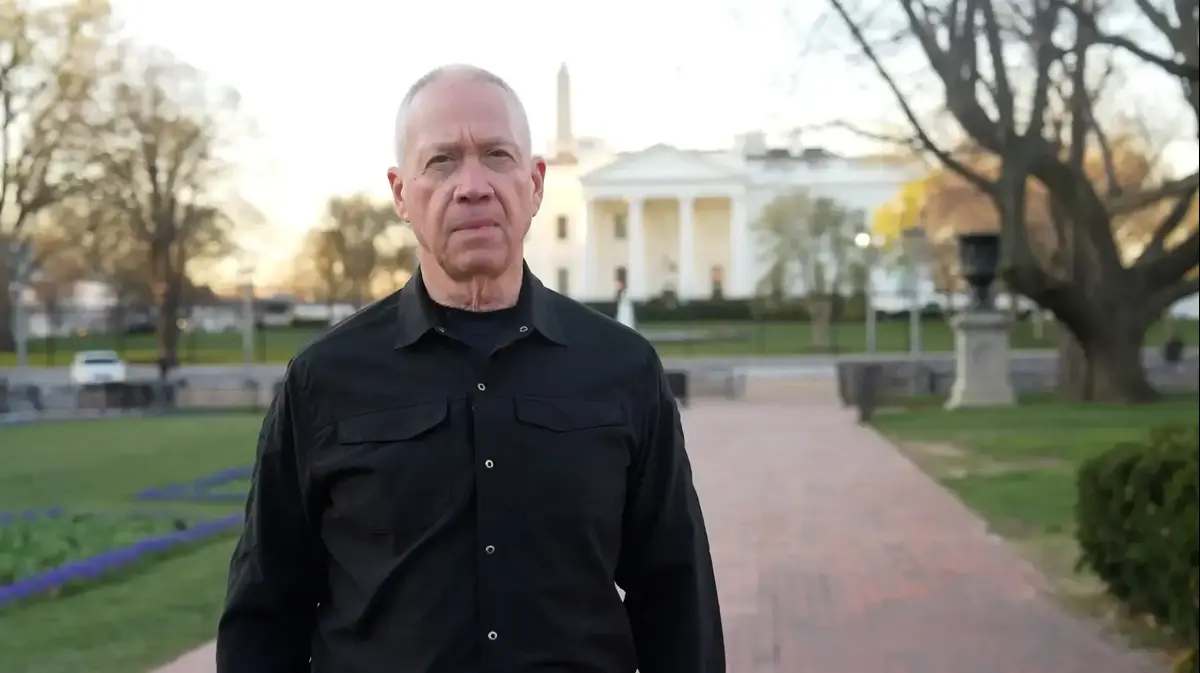If you thought that the idea of the "mortgage freeze" promised by Netanyahu passed away after it was clarified that the intention was to freeze property taxes, you were wrong.
Yesterday morning, the chairman of the temporary finance committee, MK Gafni, surprised when he proposed a similar measure in the committee's first hearing.
"I am asking the committee's legal advisor to initiate a bill by the committee, so that when the interest rate in the economy rises - the interest rate on the mortgages will not rise. To examine legally, especially regarding the middle class and weak strata, who purchase their first apartment."
independent body
It is hard to believe that such a bill would have legal feasibility, and we will explain why: if the reference is to the existing mortgages that have already been taken, it is an interference in the existing contracts between the bank and the customers.
If it is about the new mortgages, the move will create distortions in the mortgage market.
When the interest rate is expected to rise, the banks will pre-price the mortgages in a more expensive way for certain strata, so that later they will not lose from the interest rate increase.
That is, the banks will give high interest rates in advance.
Chairman of the Finance Committee MK Moshe Gafni // Photo: Dodi Vaaknin // Chairman of the Finance Committee MK Moshe Gafni // Photo: Dodi Vaaknin,
Government intervention in financial pricing can be dangerous - and there are many examples of this in countries such as Turkey and Hungary.
However, beyond the contract market and the banks, such a bill could have extensive negative economic consequences.
We will explain: the Bank of Israel is an independent body, and decisions on the level of interest in the economy are made exclusively by the Monetary Committee.
When the Bank of Israel decides to raise interest rates in order to curb inflation, one of its goals is to reduce demand in the economy, that is, to make the public consume and spend less - something that should ultimately lower prices.
When MK Gafni proposes to cancel the increase in mortgage prices while the interest rate is rising, he is actually producing an action contrary to that of the Bank of Israel, and as a result, in order to lower inflation, higher interest rate increases may be required in the future. The mortgages and loans - this is precisely the goal of the Bank of Israel. The desire to help the weaker sections is of course welcome, but the proposed way, by freezing the mortgage payment when interest rates rise, could be financially dangerous.
as in the UK
Chen Herzog, chief economist of the consulting firm BDO, even compares the proposed move to what happened in the UK: "Similar to the UK, this is a government step to subsidize the price increases on a very large scale without a budgetary source. The experience of a prime minister who was forced to resign after formulating a deficit economic plan and losing the The confidence of the markets is a warning sign for the government's economic policy. The answer to the housing crisis is to increase the supply of apartments, not a government subsidy of mortgages."
were we wrong
We will fix it!
If you found an error in the article, we would appreciate it if you shared it with us


/cloudfront-eu-central-1.images.arcpublishing.com/prisa/M2RGMO7HEREXNKZNVZZBUVB3DU.jpg)






/cloudfront-eu-central-1.images.arcpublishing.com/prisa/C4JE3LB6ZJWHFQWKTFD4Y3SAQE.jpg)